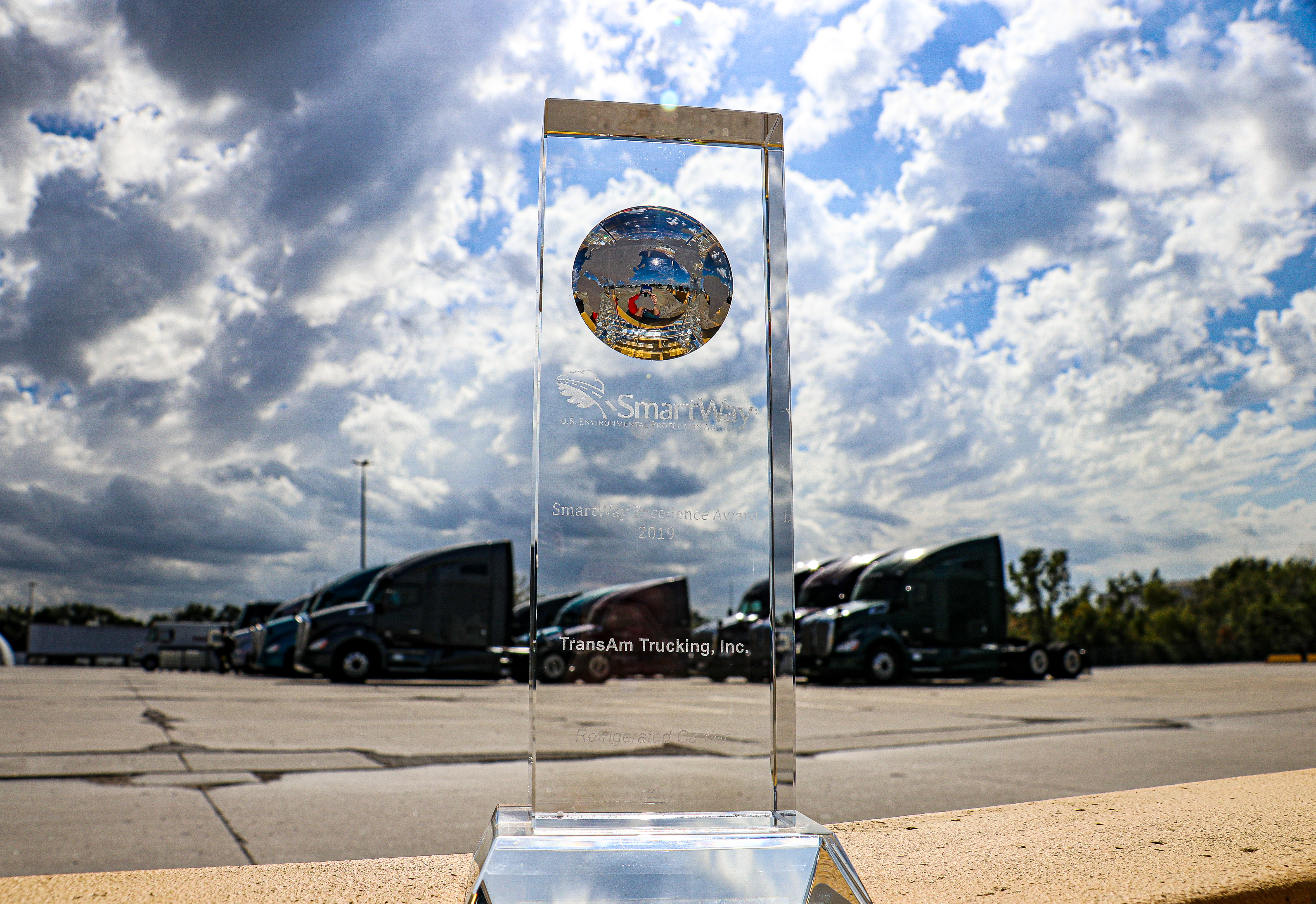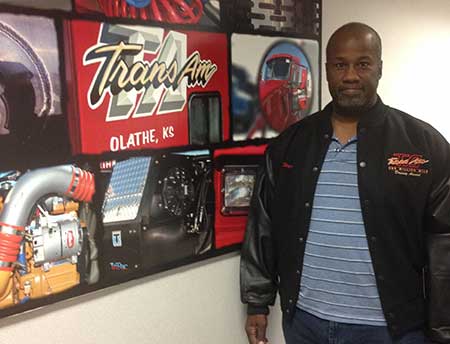The environment is an ever-growing concern these days. A lack of regulation and a heavy dose of ignorance to the cause and effect of human actions in years past have left the world in a state of concern about the environment around us. Almost every decision we make in our everyday lives in some way, shape, or form has an effect on our planet’s environment; therefore our actions need to be considered, weighing the outcome they may hold for our future. The Environmental Protection Agency (EPA) was put in place with a sole focus on just that. Industries such as the commercial freight industry can obviously pose a heavier impact on the environment than some others, and we don’t take that lightly. Therefore, it is with great excitement we announce that TransAm has received the 2019 SmartWay Excellence Award. Through innovative and eco-friendly practices,the EPA has recognized this effort, honoring TransAm with the SmartWay Excellence Award.

“We are pleased and honored that our performance has been recognized through the EPA’s SmartWay Excellence Award. Our partnership with MHC Kenworth has allowed us to construct a fleet that is focused on conserving energy and lowering greenhouse emissions. TransAm takes deep pride in our progress within the industry and fully recognizes the importance of protecting our environment in doing so. Through this program, the EPA seeks out companies that inspire others within the commercial freight industry that utilize innovative technologies and business practices that save fuel, cut costs, and further protect the environment. It is with great pride, and not lightly, that TransAm receives this recognition.”
– Russ McElliott, President of TransAm Trucking, Inc.
This recognition results in TransAm placing in the top two percent of environmental performers among all of the SmartWay Partners. The SmartWay program was launched by the EPA back in 2004 and has since avoided emitting more than 134 million tons of air pollutants (NOx, PM, and CO2) contributing to cleaner air and healthier citizens, while saving 280 million barrels of oil and $37 billion in fuel costs – equivalent to eliminating the annual energy use of over 18 million homes.





